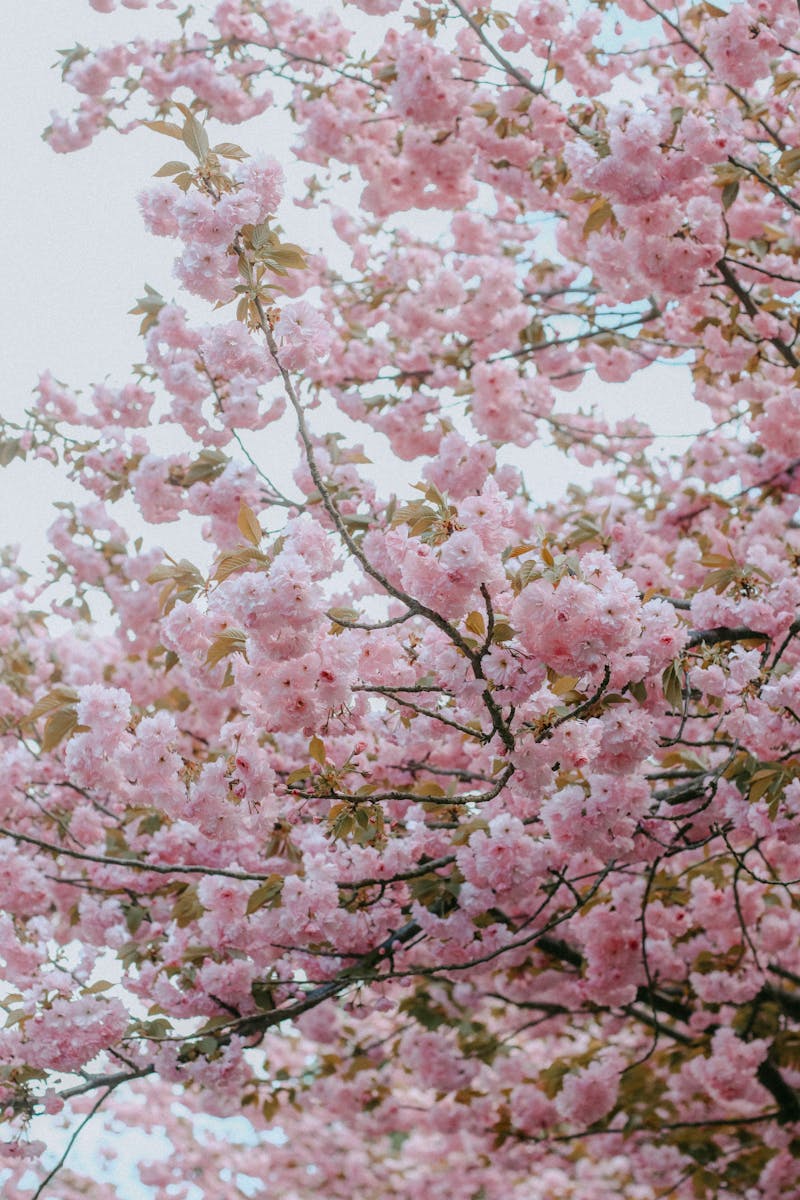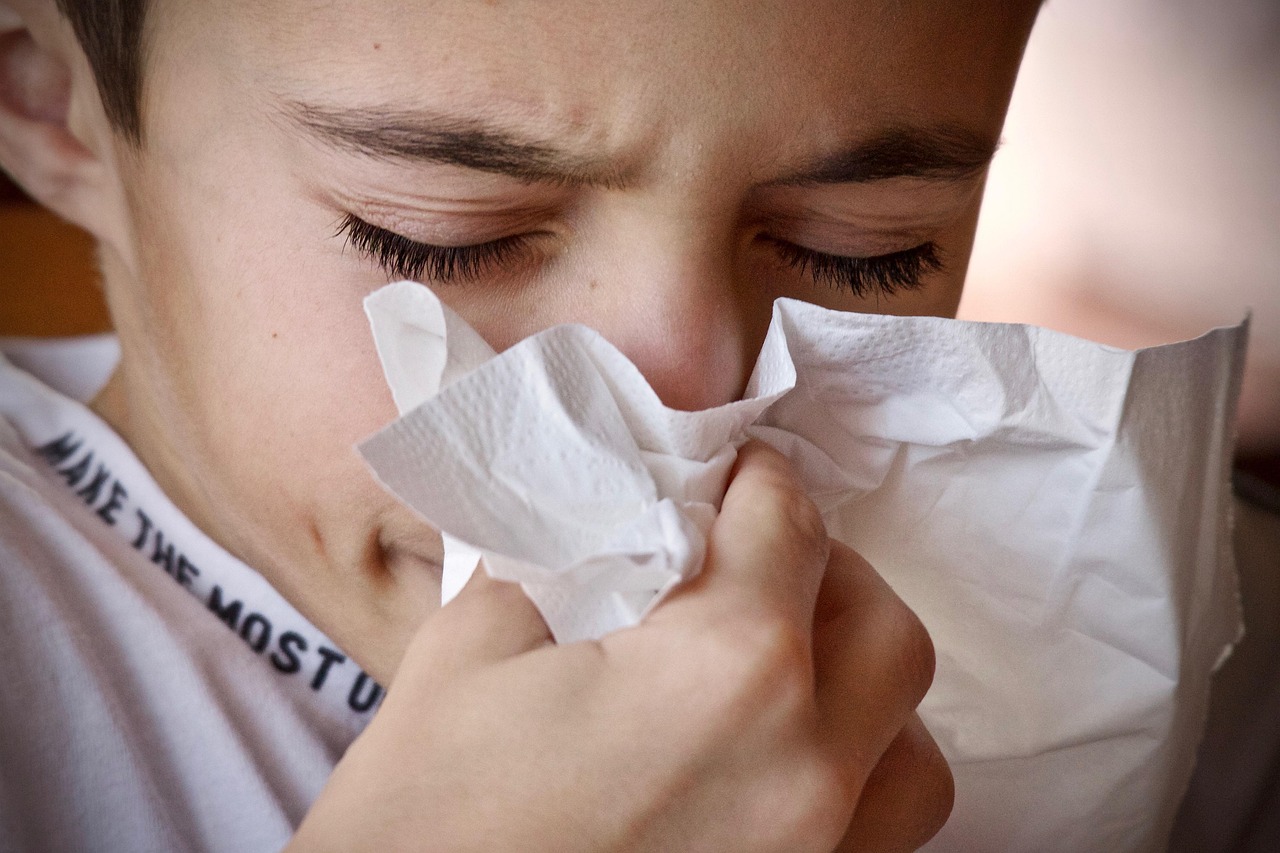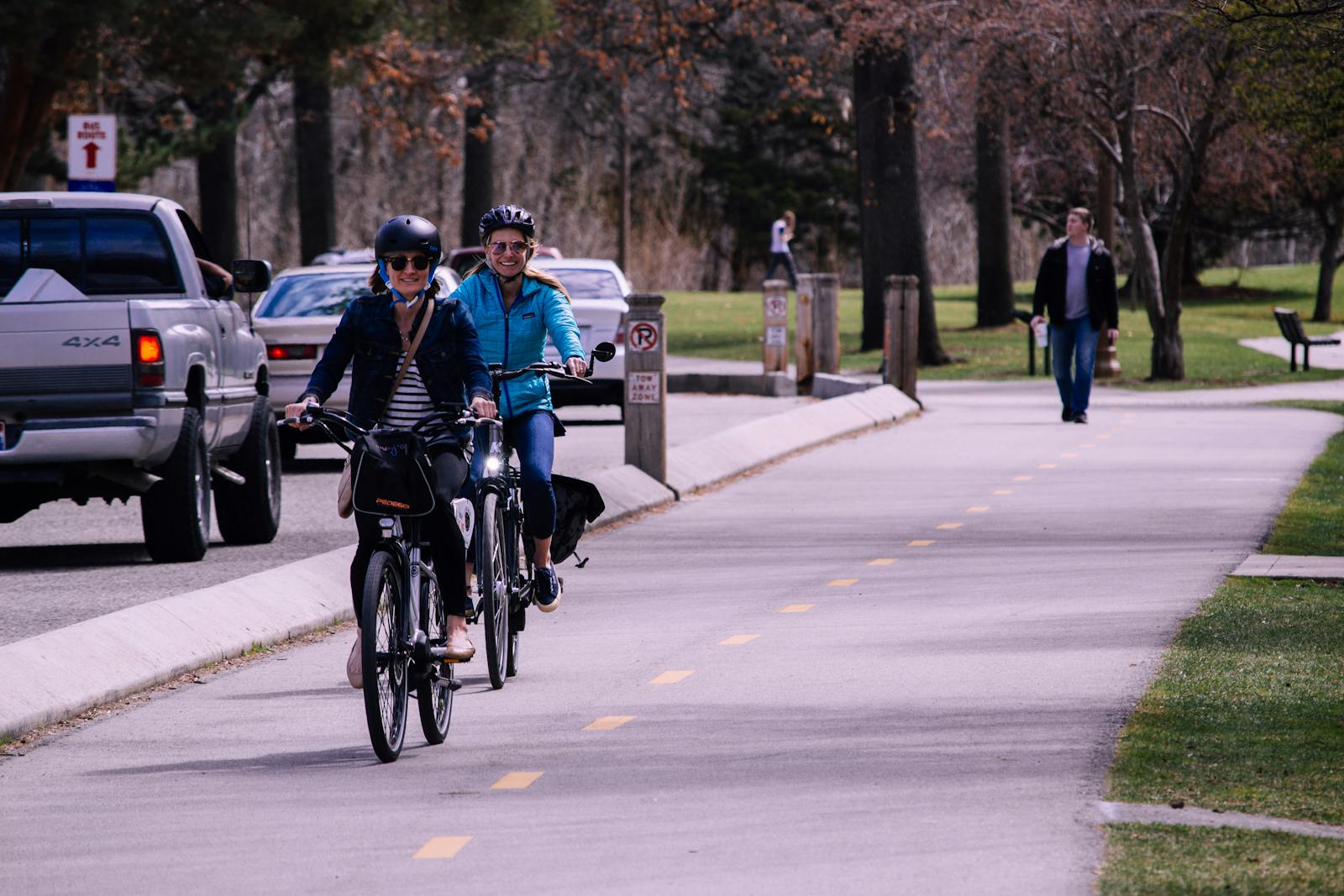Top 10 Plants to Avoid in Your Virginia Garden for Allergy Relief
Top 10 Allergy Tips: Plants to Avoid in Your Virginia Garden for Allergy Relief – Discover Essential Allergies Solutions at Virginia Wellness Hub for a Healthier, Allergy-Free Garden Experience!
Essential Allergy Tips for a Healthier Virginia Garden
Seasonal allergies can be a significant nuisance, particularly for those living in Virginia, where the flora is diverse and abundant. Understanding how to manage these allergies can greatly enhance your outdoor experience. With the right knowledge, you can enjoy your garden without the burden of allergy symptoms. Here are some essential allergy tips to keep in mind as you navigate through your gardening endeavors.
Understanding Allergens in Your Garden
Many plants release pollen that can trigger allergic reactions, particularly in spring and summer. Identifying these allergens is crucial for minimizing exposure. It’s important to recognize which plants are most likely to contribute to your allergies so you can make informed choices when planting or maintaining your garden. Here are some common culprits:
- Ragweed
- Pine Trees
- Oak Trees
- Birch Trees
- Maple Trees
- Grass Varieties (like Kentucky Bluegrass)
- Goldenrod
- English Ivy
- Sweetgum Trees
- Common Mugwort
Top 10 Plants to Avoid in Your Virginia Garden for Allergy Relief
When gardening in Virginia, it’s essential to select plants that are less likely to trigger allergies. Here are the top 10 plants to avoid in your Virginia garden for allergy relief:
- Ragweed
- Pine Trees
- Oak Trees
- Birch Trees
- Maple Trees
- Common Reed
- Goldenrod
- Bluegrass
- Sweetgum
- Common Mugwort
By steering clear of these plants, you can significantly reduce the pollen count around your home, helping you breathe easier and enjoy your outdoor space more fully.
Choosing Allergy-Friendly Alternatives
Fortunately, there are many plants that are less likely to trigger allergic reactions. Consider planting native species or low-pollen varieties, which can be both beautiful and beneficial to the local ecosystem. Some excellent alternatives include:
- Coral Bells
- Hostas
- Ferns
- Astilbe
- Daylilies
These plants not only enhance the beauty of your garden but also promote a healthier environment for you and your family.
Creating a Low-Pollen Environment
In addition to choosing the right plants, there are practical steps you can take to create a low-pollen environment in your garden. Here are some allergy tips to consider:
- Water the garden regularly to keep dust and pollen down.
- Trim hedges and shrubs to minimize pollen production.
- Clean up fallen leaves and debris that may harbor allergens.
By implementing these strategies, you can create a more enjoyable gardening experience that is less affected by seasonal allergies.
Stay Informed and Proactive
Awareness of pollen forecasts and seasonal changes can help you manage your allergies effectively. Many online resources provide pollen counts and allergy alerts specific to Virginia, allowing you to plan your gardening activities accordingly. By staying informed, you can make the most of your time outdoors while minimizing the discomfort that allergies can bring.
In conclusion, managing allergies while enjoying your garden in Virginia is possible with the right knowledge and approach. By avoiding the top 10 plants that trigger allergy symptoms and choosing alternatives, you can create a serene outdoor space. Remember to incorporate these allergy tips into your gardening routine and enjoy a healthier, more vibrant garden.
Keywords: allergy tips, top 10 plants to avoid, Virginia allergy relief, Virginia garden allergies, allergy-friendly gardening, pollen reduction plants, gardening for allergy sufferers, seasonal allergies Virginia, hypoallergenic plants, allergy management tips, best plants for allergies, outdoor allergy tips, avoiding allergenic plants, healthy gardening practices, Virginia allergy advice
news via inbox
Stay Connected
Specializing in:








